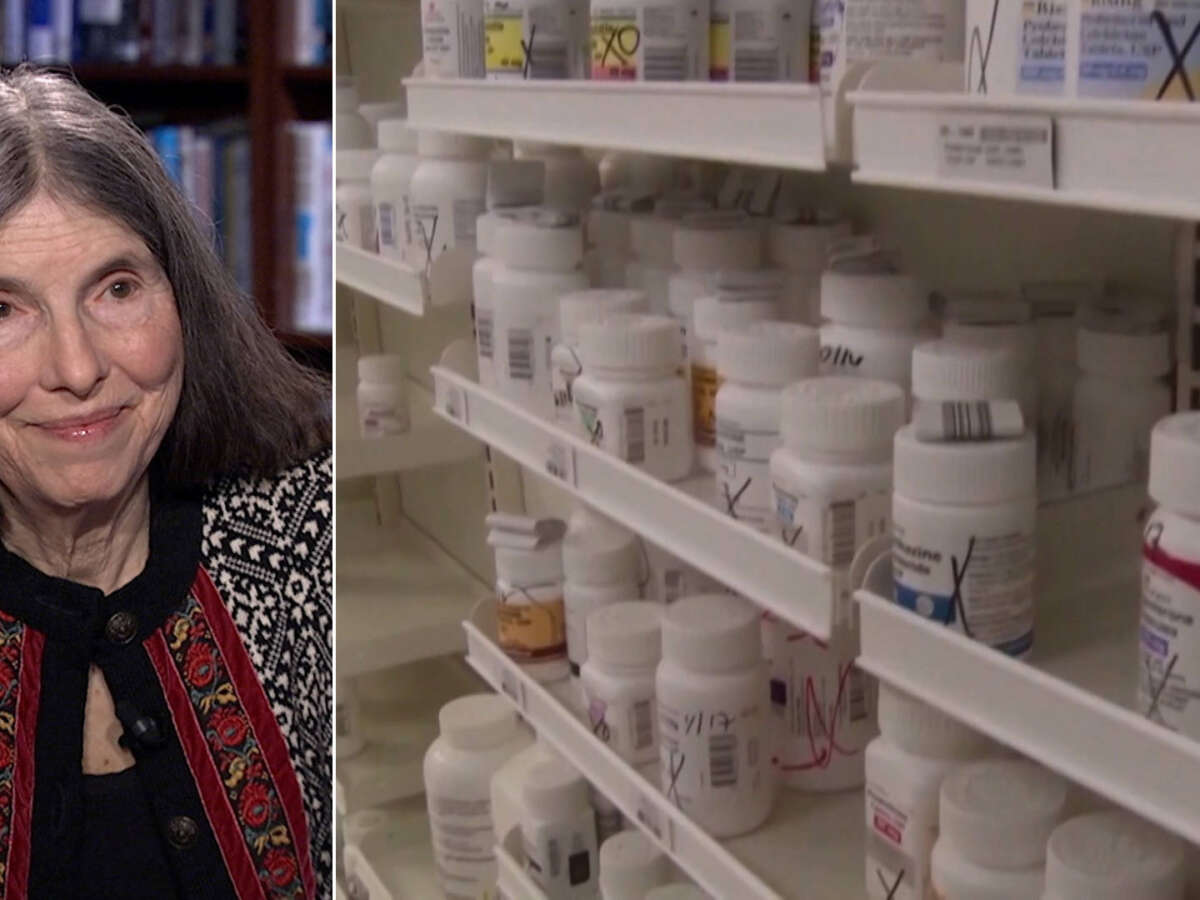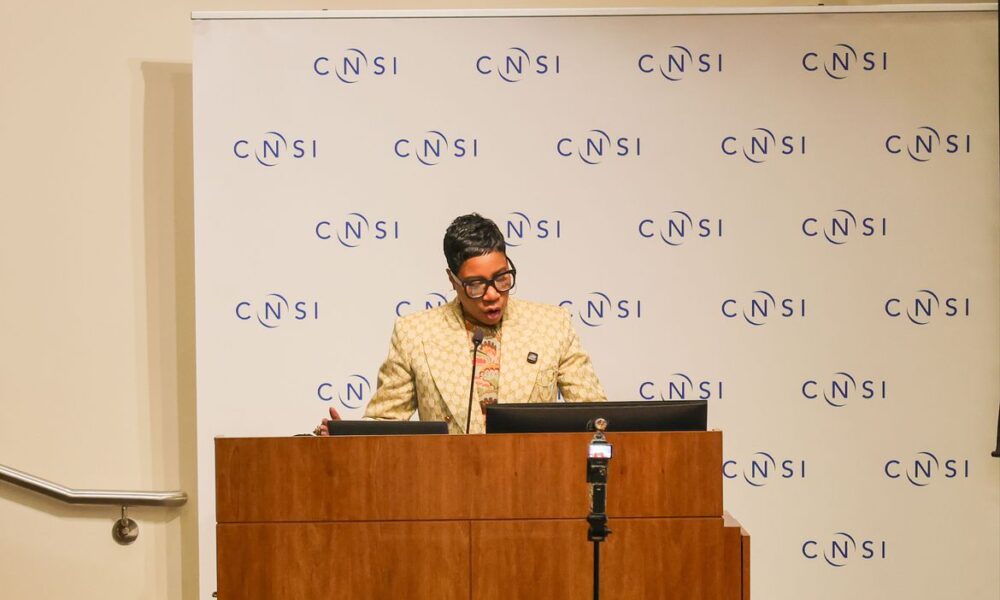The potential expiration of subsidies for the Affordable Care Act (ACA) this Saturday could dramatically increase health insurance premiums for millions of Americans. The ongoing debate in the U.S. federal government regarding these subsidies has intensified as Democrats push for an extension, while Republicans have yet to reach an agreement.
The enhanced subsidies, which were initially implemented during the COVID-19 pandemic to assist individuals and families struggling with healthcare costs, have played a crucial role in keeping insurance affordable. Without an extension, estimates indicate that health premiums could more than double for many, significantly impacting access to necessary medical care.
Political Standoff Over Healthcare Funding
The negotiations over the ACA subsidies have become a focal point in discussions surrounding the potential government shutdown. Democrats argue that extending these financial supports is vital for maintaining affordable healthcare access, especially for low- and middle-income families. In contrast, Republicans have raised concerns about the long-term financial implications of extending these subsidies without corresponding cuts in other areas of the budget.
Senator Chuck Schumer, the Senate Majority Leader, emphasized the importance of these subsidies, stating that “millions of Americans depend on these to afford basic health coverage.” He warned that failing to extend them would lead to devastating consequences for countless families.
According to estimates from the U.S. Department of Health and Human Services, nearly 13 million Americans have benefited from the enhanced ACA subsidies. Without these supports, many individuals may find themselves unable to afford their health insurance, leading to increased reliance on emergency services and a deterioration of public health outcomes.
Implications for Millions of Americans
The expiration of these subsidies could cause health insurance costs to soar, with some individuals facing increases of over 100%. The financial burden would disproportionately affect those who are already vulnerable, including low-income workers and those with chronic health conditions.
The potential fallout is alarming. A recent survey by the Kaiser Family Foundation showed that approximately 40% of respondents would likely forgo health insurance if premiums doubled. This situation poses not only a financial threat but also raises significant public health concerns as fewer people would seek preventive care or treatment.
As the deadline approaches, both parties face mounting pressure to find a resolution. Healthcare advocates across the nation are urging lawmakers to prioritize the extension of these subsidies, highlighting that the decision impacts not just individual finances but the overall health of the population.
In summary, the outcome of this political struggle will have lasting implications for millions of Americans. With the deadline looming, the necessity for a bipartisan agreement on extending ACA subsidies has never been more critical. The stakes are high, and the health of a significant portion of the population hangs in the balance.







